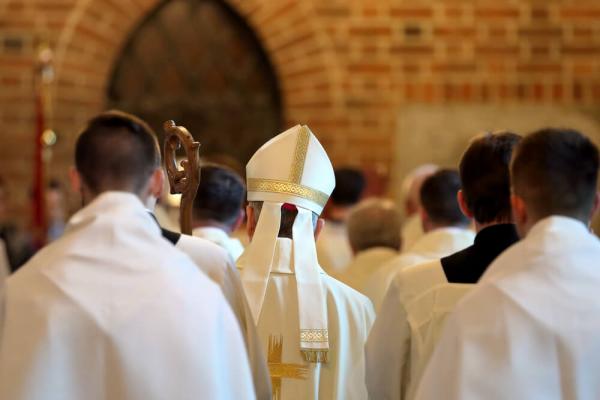Jun 18, 2019
The bishops hope that these new policies will prove powerful and effective in nationalizing and systematizing structures already in place. Advocates don’t trust the Church, especially when there is no required lay involvement in the reporting process.
Read the Full Article

Already a subscriber? Login
